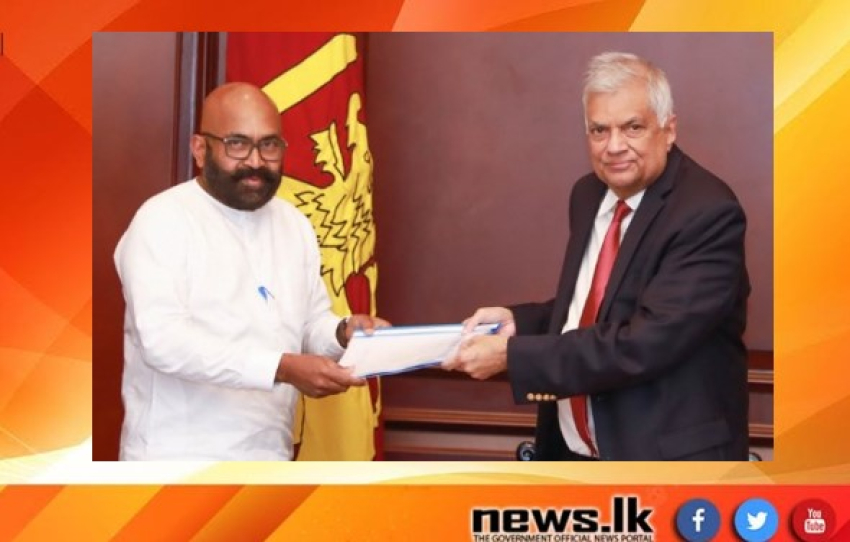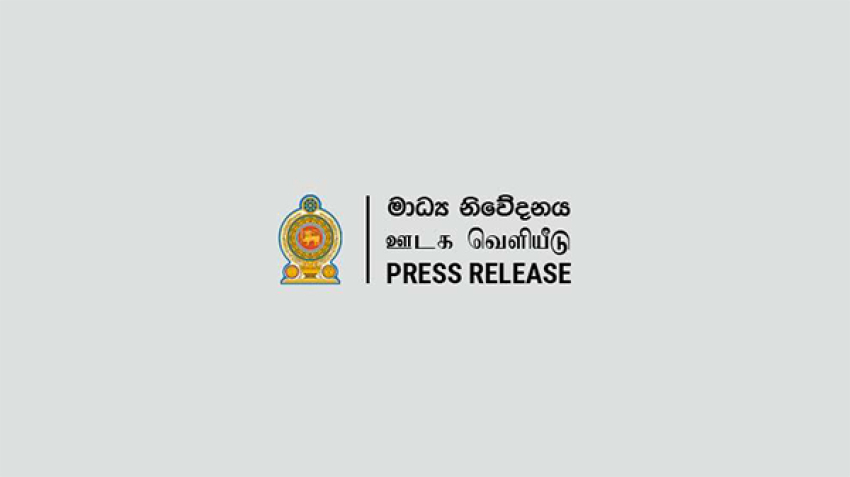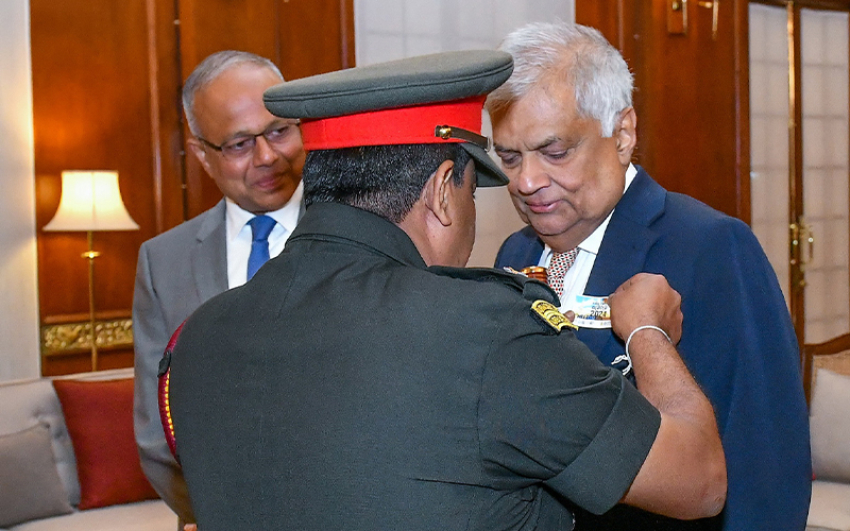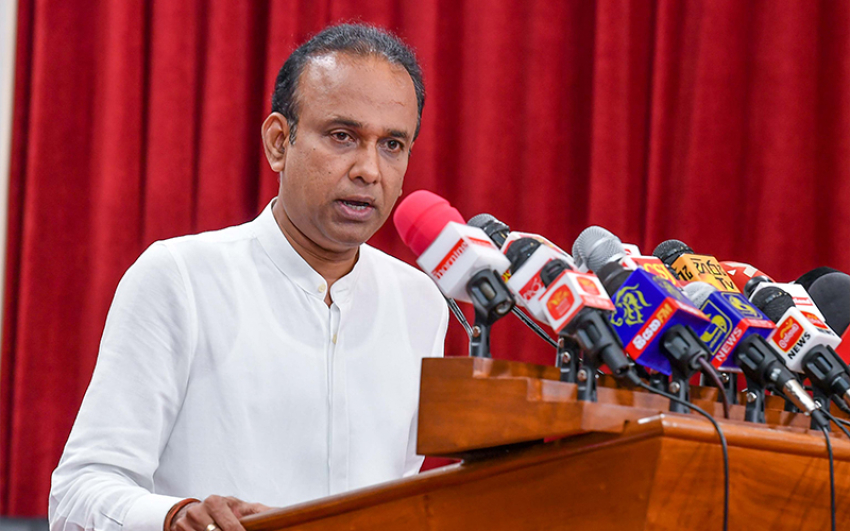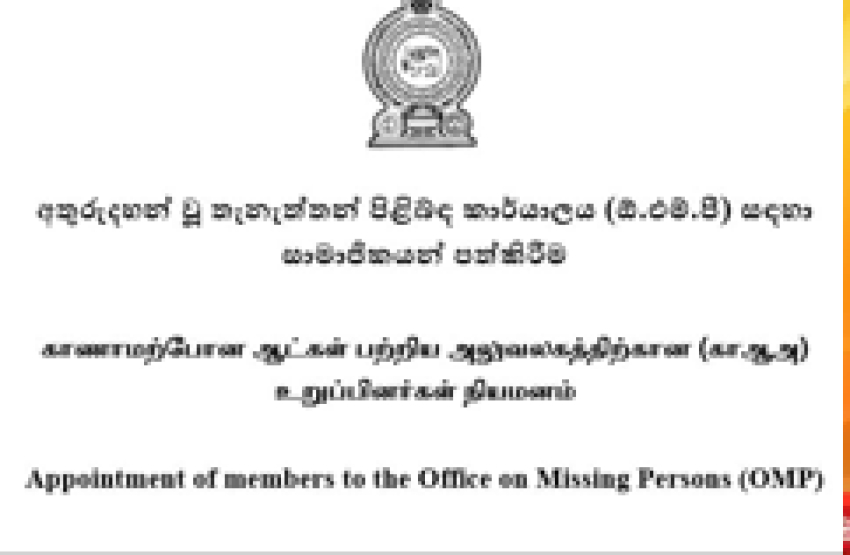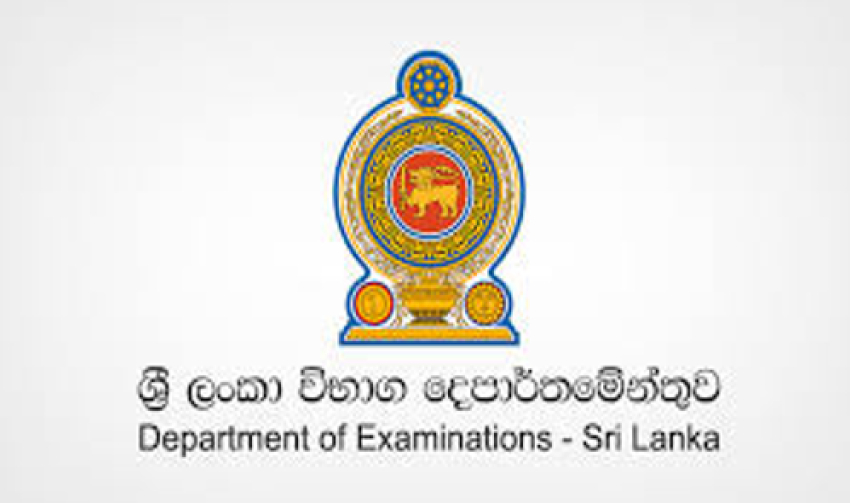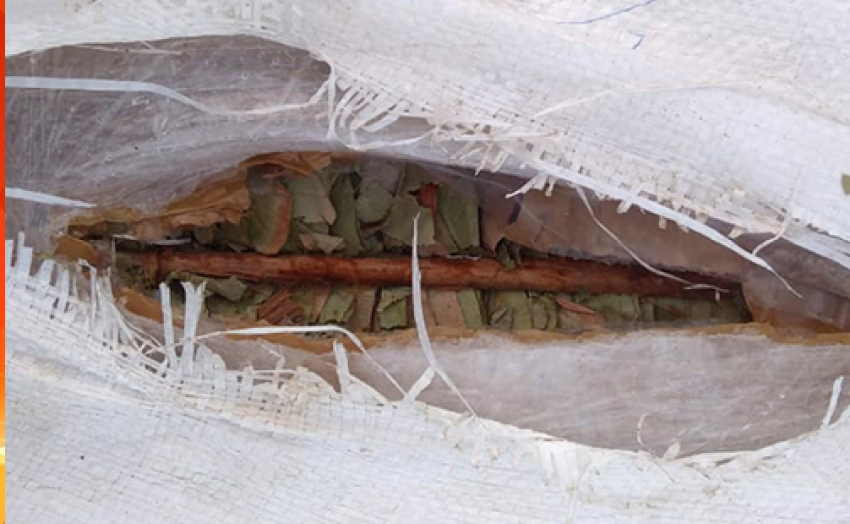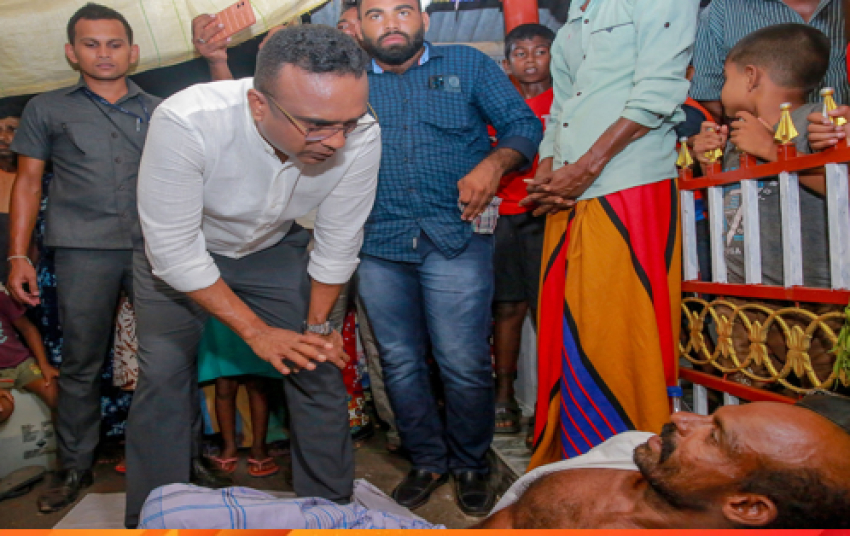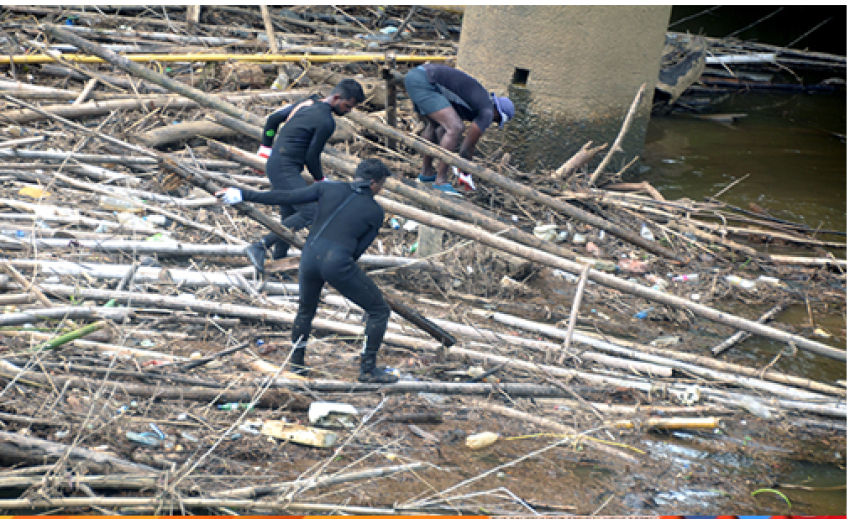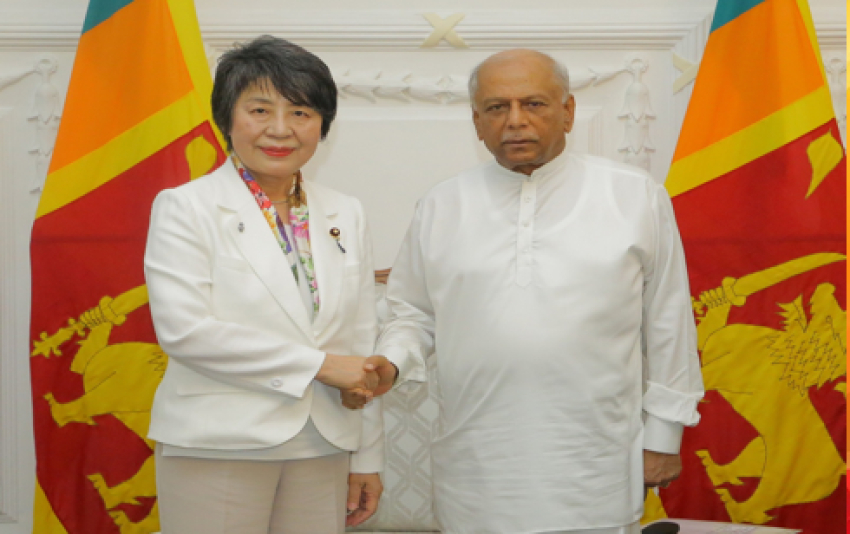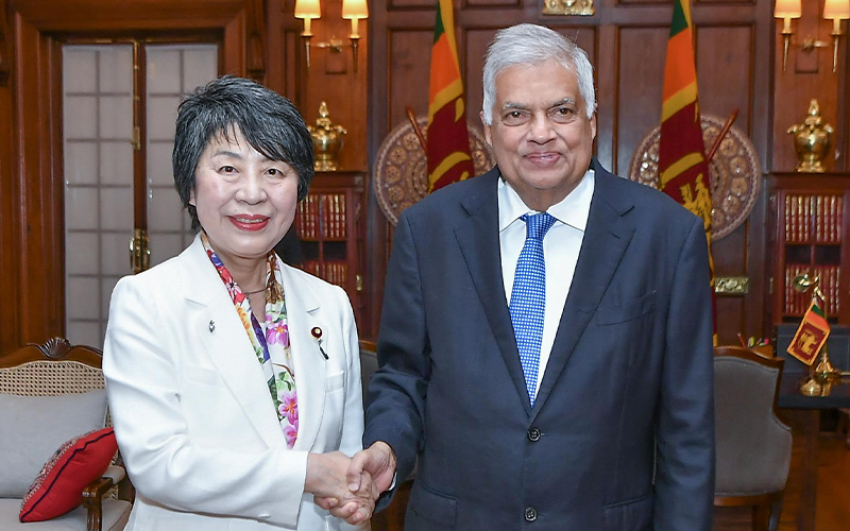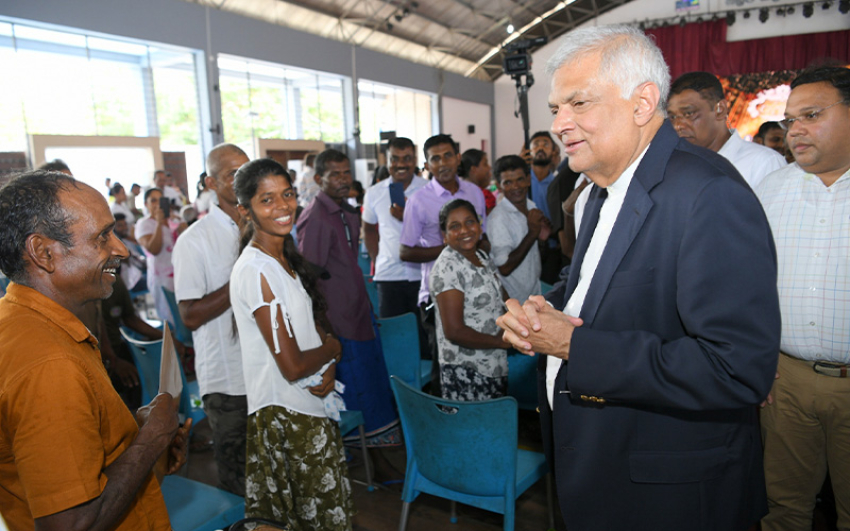President Ranil Wickremesinghe stressed the importance of financial discipline in nation-building and announced plans to promptly introduce formal measures to control public expenditure and generate new government revenue.
The President highlighted the need to maximize the value of every rupee spent by the government, as currently, public expenditure often fails to achieve this objective. He expressed concern over not only the neglect of public revenue but also the unrestricted spending of public funds on non-beneficial activities, which has contributed to the economic crisis in the country.
Furthermore, President Wickremesinghe attributed the current financial problems to the lack of parliamentary discussions on this matter in the past two or three years. To address this issue, he informed that several committees have been established in the parliament to examine the state's financial situation and income tax matters.
President Wickremesinghe made these remarks during the presentation of a report by the committee chaired by State Minister for Finance, Economic Stabilization, and National Policy, Mr. Ranjith Siyambalapitiya, which aimed to propose strategies for generating new sources of income for the state. The report was submitted to the President by State Minister Ranjith Siyambalapitiya at the Presidential Secretariat July (12).
The report encompasses recommendations aimed at establishing a structured framework to attain the revenue goals of the Inland Revenue Department, Sri Lanka Customs, and the Excise Department. It also suggests the implementation of novel approaches to augment government revenue and the creation of a digital economic infrastructure to support these endeavours.
President Ranil Wickremesinghe directed the Minister of State to engage in further discussions regarding these proposals and present them to the Parliamentary Committee on Ways and Means.
Furthermore, the President emphasized the utmost importance of leveraging digital technology to its fullest potential in implementing these recommendations.
He also emphasized the necessity of formally informing the public about these initiatives through an extensive media campaign.
President Ranil Wickremesinghe further said;
“In the current economic crisis, a major concern is the improper collection of tax revenue. Some individuals and entities who are obligated to pay income tax fail to do so, leading to a significant shortfall. Additionally, there have been reports of the government experiencing delays in receiving complete tax revenue from customs, as well as similar accusations regarding excise duty.
During this crucial period of economic recovery, it is imperative to establish comprehensive financial discipline in the country. The first step is to control government expenditure, which is currently being addressed. Secondly, the government must ensure that each rupee spent delivers maximum value, as this is often not the case with public expenditure. Therefore, careful attention needs to be given to this matter within the Parliament. Thirdly, there is a need to increase state revenue. To tackle this challenge, a committee led by State Minister Ranjith Siyambalapitiya has been appointed and entrusted with the responsibility.
I extend my gratitude to everyone involved in the preparation and presentation of this report today.
We must explore new avenues for increasing income tax revenues, as outlined in the report. This aspect has received significant attention within our Parliament. It can be argued that the lack of parliamentary discussions in the past two or three years, along with a lack of interest in certain cases, has been a primary cause of the economic crisis. To address this, several inquiry committees on income tax and the fiscal situation have been established. It is within these activities that we should seek out these new approaches.
Furthermore, digitization plays a crucial role in these endeavours. Those who oppose this transformation should consider stepping aside, as I intend to enforce digitization within a designated timeframe. Any shortcomings that arise should be addressed promptly.
Importantly, the income generation methods we have adopted draw inspiration from the United Kingdom. These methods have been greatly refined and improved over time. Thus, we must examine the latest systems and develop the necessary infrastructure accordingly. Proposed amendments to the Audit Act have been put forward to support this objective.
We have extended an invitation to Mr. Francis Maude, who served under Prime Minister David Cameron and has substantial expertise in this area, to visit Sri Lanka and share his insights on sectoral reform.
When the British colonized this country, they prioritized revenue collection and appointed revenue officers for this purpose. Under a unified administration, revenue officers and local officials, known as Mudaliyar (or Mudali), paid special attention to revenue collection. As a result, income did not decline, and it even increased with the development of tea, coconut, and rubber industries. However, since the 1970s, revenue generation has been neglected, and it has been removed from the administrative agenda of the country. Not only has revenue been overlooked, but state funds have been spent without restraint.”
Minister of State for Finance, Economic Stabilization and National Policy Mr. Ranjith Siyambalapitiya;
"This report has been meticulously prepared under the guidance of the President, encompassing short-term, medium-term, and long-term proposals. Its aim is to streamline existing sources of income and introduce new ones, ensuring that the burden on the people remains minimal.
It is important to acknowledge the wealth of experience we have gained while addressing the challenge of state revenue. Thanks to the President's guidance, we have attained a certain level of stability. However, there are still numerous objectives to achieve in order to increase our state revenue in proportion to the gross domestic product.
We have reached the limits of introducing new taxes and raising tax percentages. Therefore, our focus must now shift towards expanding the tax base and closing the gaps in the tax net to enhance revenue generation.
Moreover, great emphasis has been placed on enhancing government revenue through improved competitiveness and transparency. Extensive discussions with all stakeholders have been on-going, leading to a fair resolution of long-standing contentious issues.”
Present at this significant occasion were Minister of State for Finance Mr. Shehan Semasinghe, Presidential Senior Advisor on National Security and Chief of Presidential Staff Mr. Sagala Ratnayaka, Presidential Secretary Mr. Saman Ekanayake, Presidential Senior Advisor on Economic Affairs Dr. R.H.S. Samaratunga, Acting Secretary of the Ministry of Finance Mr. R.M. P. Ratnayake, and other officials.

